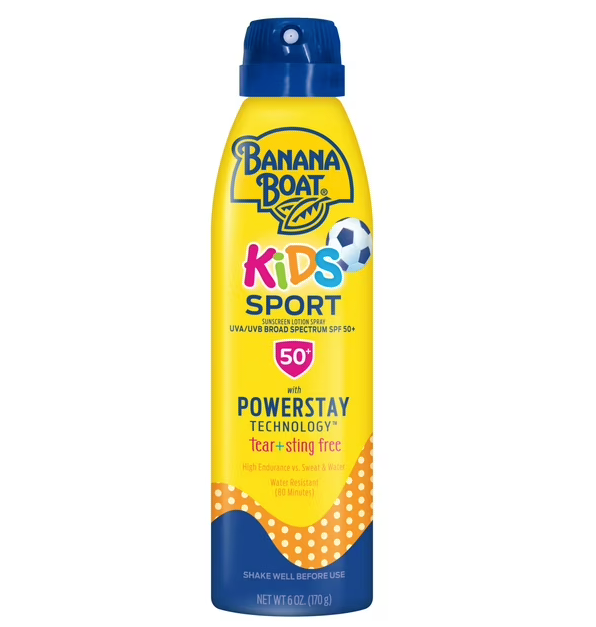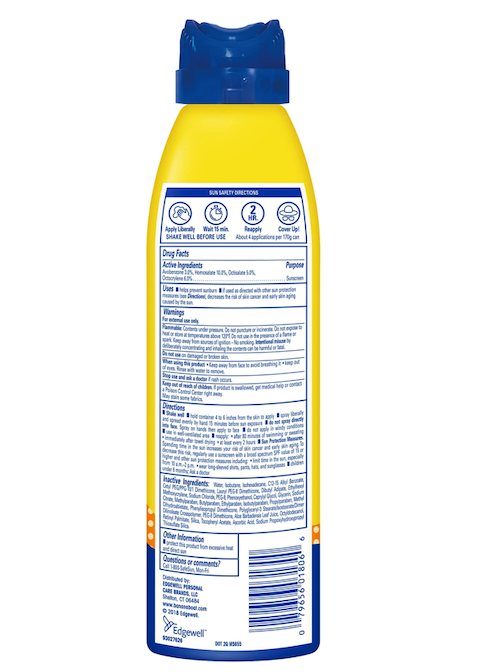What is SPF?
SPF stands for Sun Protection Factor, which is a measure of how well a sunscreen will protect your skin from UVB rays, the main cause of sunburn and skin cancer. The SPF number indicates the level of protection the sunscreen provides against UVB rays.
SPF Protection levels:
- SPF 15 blocks about 93% of UVB rays.
- SPF 30 blocks about 97% of UVB rays.
- SPF 50 blocks about 98% of UVB rays.
- SPF 100 blocks about 99% of UVB rays.
How Does SPF Work?
When you apply sunscreen with SPF, it creates a barrier on your skin that absorbs or reflects the UV rays, preventing them from penetrating the skin and causing damage. Sunscreens with higher SPF numbers provide more protection and allow you to stay in the sun longer without getting sunburned.
Why is SPF Important?
Using sunscreen with SPF is crucial for protecting your skin from sun damage, premature aging, and skin cancer. UV rays can cause sunburn, wrinkles, dark spots, and even skin cancer with prolonged exposure. By applying sunscreen with SPF regularly, you can reduce the risk of these harmful effects and maintain healthy skin.
Should you use very high SPF sunscreen?
Pick SPF 30 and reapply at least every two hours. A higher SPF might give you a little more wiggle room if you didn’t apply enough sunscreen, or you forgot to reapply. going higher doesn’t mean you are getting dramatically more protection. Here’s why:
- To get the full SPF protection noted on the bottle, you need to apply the sunscreen liberally and evenly. Most of us tend to under-apply our sunscreens so we’re not getting to the listed level of protection at any SPF.
- SPF rubs off and sweats off. Sunscreen should be reapplied at least every two hours. Even the highest SPF sunscreen won’t protect you when it wears off.
Conclusion
In conclusion, SPF plays a vital role in protecting your skin from the damaging effects of UV rays. By incorporating sunscreen with SPF into your daily skincare routine, you can safeguard your skin against sunburn, premature aging, and skin cancer. Remember, prevention is key when it comes to maintaining healthy and radiant skin.



